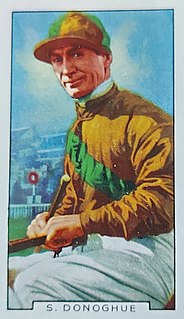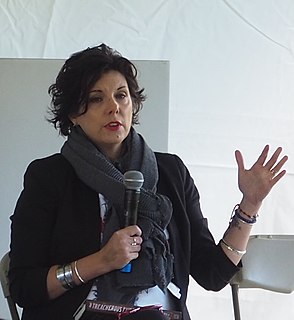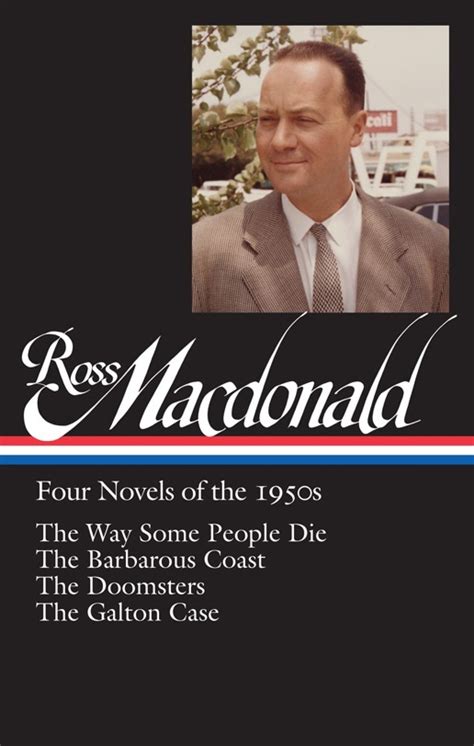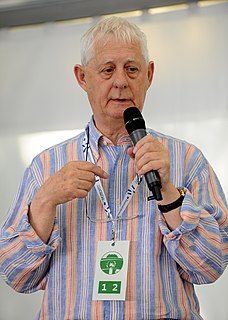A Quote by Mona Simpson
It's a different thing to write a love story now than in the time of Jane Austen, Eliot, or Tolstoy. One of the problems is that once divorce is possible, once break-ups are possible, it can all become a little less momentous.
Related Quotes
And I love Jane Austen's use of language too--the way she takes her time to develop a phrase and gives it room to grow, so that these clever, complex statements form slowly and then bloom in my mind. Beethoven does the same thing with his cadence and phrasing and structure. It's a fact: Jane Austen is musical. And so's Yeats. And Wordsworth. All the great writers are musical.
The latest gorgeous entry in the Belknap Press' growing library of annotated Jane Austen novels arrives, this time the mighty Emma under the exactingly careful guidance of Bharat Tandon of the University of East Anglia. Belknap has once again done its end of the job superbly: the book is a physical treat-luxuriantly over-sized, heavy with quality paper and solid binding, decked out in a beautiful cover and dozens of well-chosen illustrations throughout. This is one of the prettiest Jane Austen volumes available in bookstoresthis season.
I am a Jane Austenite, and therefore slightly imbecile about Jane Austen. My fatuous expression, and airs of personal immunity-how ill they sit on the face, say,of a Stevensonian! But Jane Austen is so different. She is my favourite author! I read and reread, the mouth open and the mind closed. Shut up in measureless content, I greet her by the name of most kind hostess, while criticism slumbers.
Time exists so that you can experience these flavors as deeply as possible. On the path of devotion, if you can experience even a glimmer of love, its possible to experience a little more love. When you experience that a little more, then the next degree of intensity is possible. Thus, love engenders love until you reach the point of saturation, when you totally merge with the divine love. this is what the mystics mean when they say that they plunge into the ocean of love to drown themselves.
All the time I think I can never love you more than I already do. And then you do something or say something, and I love you more than ever. Like just now. Like now. How is it possible? Can you love someone more and more and at the same time, all the time, love them as much as it's possible to love someone?







































